40th anniversary book
ASU Morrison Institute for Public Policy commissioned JDD Specialties LLC to write its 40-year history. The storytelling approach makes for fun, enlightening reading about the institute’s origins and survival.
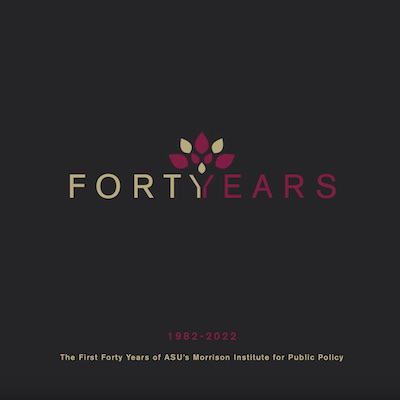
ASU Morrison Institute for Public Policy commissioned JDD Specialties LLC to write its 40-year history. The storytelling approach makes for fun, enlightening reading about the institute’s origins and survival.
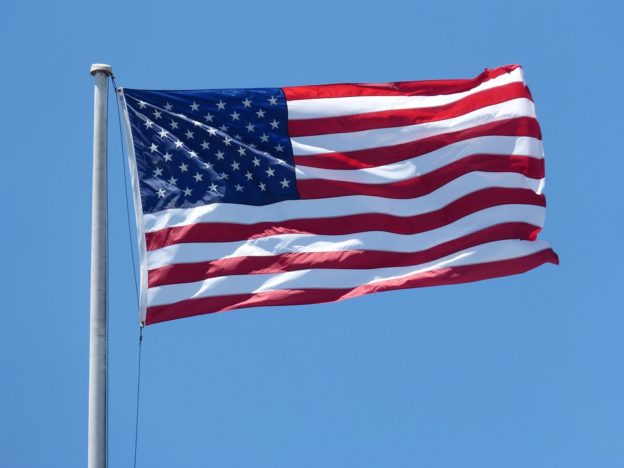
 Coffee shops are an integral part of a city’s connective tissue. I like their place in my world. Highlights of just the past few days:
Coffee shops are an integral part of a city’s connective tissue. I like their place in my world. Highlights of just the past few days:
Giant Coffee: The mayor is there. He asks me if I miss daily journalism. (That’s an emphatic, “NO!”) I tell him it’s good to see him out and about. He says it’s better than staying inside Phoenix City Hall. He dashes off, in that trademark way he comes and goes. He left me me wondering where his next political home will be, but not in a political junkie way. It was more personal.
The Refuge: That’s the site of a business meeting with someone who is the wind beneath powerful wings. There’s lots to discuss about a long-term project that could revolutionize the way we help people in need, how we make our communities stronger. But first things first: We take our time catching up on family news. She’s wearing a sharp, black dress, heels and pearls. I’m in a shirt, jeans and flats. We’re both in appropriate work attire to handle the business before us. That’s just how we roll in Phoenix.
First Draft: Even when I’m not there, I’m there. While at the gym, I get a text from a dynamo who I’m counting on to win the most interesting Arizona legislative race in 2018. She’s at Changing Hands bookstore where we’ve bumped into each other a couple of times when I’m working out of the adjacent First Draft. It’s to the point where she expects to see me every time she’s at the bookstore. I like that connection.
None of this happens without the excuse to drink coffee and tea and to be in interesting places. Coffee shops make you feel like the world is small and intimate, but they are also places that help you keep the big picture in sharp focus. There’s a certain magic in all of that.
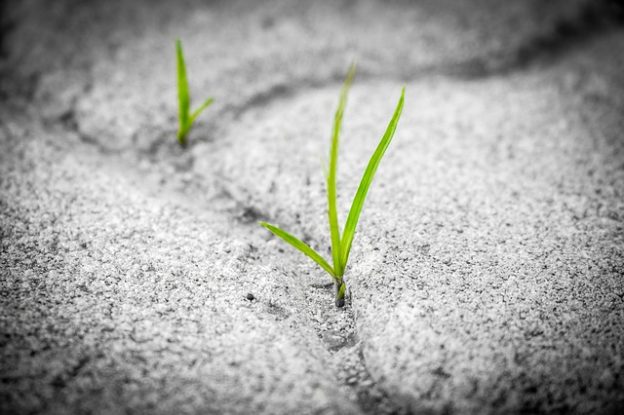
It’s a good day when references to Sisyphus, Machiavelli and John Adams pop up in perfect moments during a short interview. What a departure from the unavoidable social media poison accepted as civic engagement and productive discourse.
Thoughtfulness and community spirit can sprout and grow in the harshest political and social landscapes. Phoenix, in many respects, is such a place. But here’s a riff that warms my heart. It’s by a Valley business leader, who would be considered a conservative in another time and place, discussing one challenge of making Phoenix the healthy, inclusive, resilient place it should be:
“I’m very passionate about a legacy for this community, for my children and my grandchildren to have a cultural economy that feeds the soul of the community but also attracts and retains the kinds of businesses that we need for economic development. It’s critical to our success. And while people will say that with platitude and with words, there is not a lot of action. I’m one of the lone rangers out there just beating the drum. I think I’m like John Adams: I’m obnoxious and disliked about this, but, nonetheless, it’s important. In my world, no is just the beginning of the conversation.”
Word. Right on. Amen.
Getting to “yes” on healthy societal changes requires a long view, steadfastness and commitment.
Persistence.
The resistance language spoken so loudly today in the public square means nothing without persistence. Resistance movements are often spirited are difficult to sustain.
Persistence infused with insistence endures. The most effective change agents have led righteous persistence movements.
Establishing an American society where human values are self-evident is a work in progress. It always has been. The best work on universal goals always has been at the local level — by city block, neighborhood and zip code and by school, city council and legislative districts. An insistence on doing the right thing changes the world around you.
That principled work is harder in some moments than in others. “No” can sound emphatic, and it’s dispiriting. We’re in one of those moments. Persistence pushes us forward on the path to “Yes!”
 The New Year begins with calls to address the fallout of what can fairly be described as the great political earthquake of 2016. Yes, let’s do act with newfound determination to make things better, but let’s also make an investment of time and effort to think before we act.
The New Year begins with calls to address the fallout of what can fairly be described as the great political earthquake of 2016. Yes, let’s do act with newfound determination to make things better, but let’s also make an investment of time and effort to think before we act.
Next week, there are two fantastic opportunities to immerse in thoughtfulness that informs efforts to create the kind of healthy, productive society we want in the Valley. On Tuesday, the Virginia G. Piper Charitable Trust will host an installment of its Thought Leaders Series with a focus on “Advancing Resilience in Arts and Culture: The Value of Cross-Sector Partnerships.” The forum at the Beus Center for Law and Society in downtown Phoenix is open to the public.
As a Piper Trust thought leader, Chris Ronayne, president of University Circle in Cleveland, an innovative square mile of urban development that features universities, hospitals, museums, parks, restaurants and residential spaces, will share lessons learned about creating a resilient community that has become a destination point for living, working and playing.
 On Thursday at South Mountain Community College, the Arizona Community Foundation, the Center for the Future of Arizona and the Girl Scouts–Arizona Cactus-Pine Council will host a conversation with Robert Putnam, author of the fantastic book Our Kids: The American Dream in Crisis, which dug deeply into the perils of the growing opportunity gap among young people in the United States. The book published in 2015 speaks to the dangers of unequal opportunity, and it proved to be a fascinating precursor to some of what transpired in the national election.
On Thursday at South Mountain Community College, the Arizona Community Foundation, the Center for the Future of Arizona and the Girl Scouts–Arizona Cactus-Pine Council will host a conversation with Robert Putnam, author of the fantastic book Our Kids: The American Dream in Crisis, which dug deeply into the perils of the growing opportunity gap among young people in the United States. The book published in 2015 speaks to the dangers of unequal opportunity, and it proved to be a fascinating precursor to some of what transpired in the national election.
While we ramp up resolve in 2017 to fix what clearly is broken and to protect programs and values we fear are under assault, let’s embrace fundamental change in our approaches to building up society. Let’s listen and learn before we act.
 I’ve been floating in the center space that William A. Galston and William Kristol write about for a long time. Those who occupy center left and center right are often accused by those on the far left and far right as being fence-sitters, of having no core values. That’s offensively dismissive.
I’ve been floating in the center space that William A. Galston and William Kristol write about for a long time. Those who occupy center left and center right are often accused by those on the far left and far right as being fence-sitters, of having no core values. That’s offensively dismissive.
Those in the center can fairly be accused of sitting on the sidelines while the partisan left and the right duke it out. That’s been a mistake and we see the lack of good governance that results.
I love this in the duo’s Viewpoints column:
“The basic institutions and principles of liberal democracy are under assault. Many of us who are defenders of this distinctive form of self-government have tended to take for granted widespread agreement on these principles; we have had confidence in the strength of these institutions. This is a complacency we can no longer afford. …
Opportunity, security, accountability, ingenuity — these are the pillars of a New Center. We do not know what policies a New Center will yield. Nor can we predict what institutional form or even party alignment it will take.
But the alternative to a coherent and effective New Center is a degree of public discontent that could end by undermining democratic self-government itself. ”
 Smithfield, Ohio: My hometown. My Mom’s hometown. Her father’s hometown. It had hopes for an Obama administration in 2008. Now it’s an example of Trump populism.
Smithfield, Ohio: My hometown. My Mom’s hometown. Her father’s hometown. It had hopes for an Obama administration in 2008. Now it’s an example of Trump populism.
The photo with the Business Insider article, “A small town in Ohio holds clues to Trump victory,” shows the North and Main street sign. I had a wonderful childhood on North Street where Mom and Dad built a home more than 60 years ago.
The small town’s history has interesting twists and turns. It was a stop on the Underground Railroad. Quakers had a lot to do with that.
In Mom’s youth, there was a movie theater. It was segregated. Blacks had to sit in the balcony. Decades later her brother would become mayor.
Mom tells of the time some of her kin and their friends crashed a Klan rally. Whatever happened that night made it so my generation didn’t have to deal with that, at least not until I was in high school and some out-of-towner grand wizard threatened to hold a rally. My friends, mostly white, told me not to worry about it. The rally never happened.
There were several churches back in the day when the town was booming at about 1,000 people. Dad championed ecumenical services. Pastors delivered sermons at our church. Dad took the pulpit in theirs.
The town is surrounded by beautiful farmland. Fathers’ hard work in steel mills and coal mines put a lot of kids through college.
It’s a different place today. It has taken a turn for the worse. I’m so sorry about that.
 I like to think the late Monsignor Ed Ryle would have been an intellectual voice of reason, compassion and greater good in this awful excuse for a presidential campaign. I would have loved to have heard his take on the minimum wage proposition on the Arizona ballot and the campaign for Maricopa County sheriff.
I like to think the late Monsignor Ed Ryle would have been an intellectual voice of reason, compassion and greater good in this awful excuse for a presidential campaign. I would have loved to have heard his take on the minimum wage proposition on the Arizona ballot and the campaign for Maricopa County sheriff.
I flatter myself by thinking he would have invited me to lunch (or to “break bread,” as someone reminded me he was fond of saying) to share thoughts about politics and policy. On election night, he might have been spotted sipping a glass of wine with other political junkies.
He is so missed.
A few of his friends and those who have had long respected Monsignor Ryle’s work for social justice in Arizona have been trying to keep his memory alive. The Monsignor Edward J. Ryle Fund was established to promote intelligent discourse in the public square. We think he’d be proud of the work done in his name.
I like to think he’d get a kick out of the way we help pay for annual programs. We sell a lovely Sonoma County pinot noir labeled in his honor, called The Monsignor.
We’re taking orders for full and half cases now. It will be available for pickup on Dec. 6. Contact me for details.
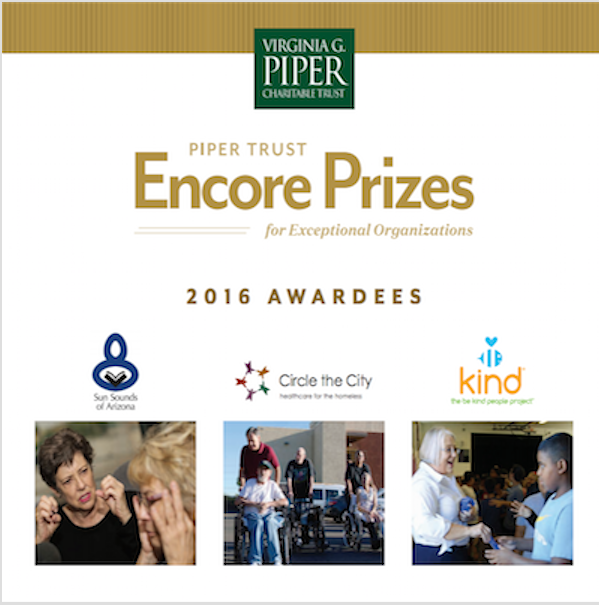
The Virginia G. Piper Charitable Trust gave JDD Specialities LLC the honor of writing short profiles of the 2016 awardees of Encore Prizes for Exceptional Organizations. The 2017 award will go to an exceptional individual.
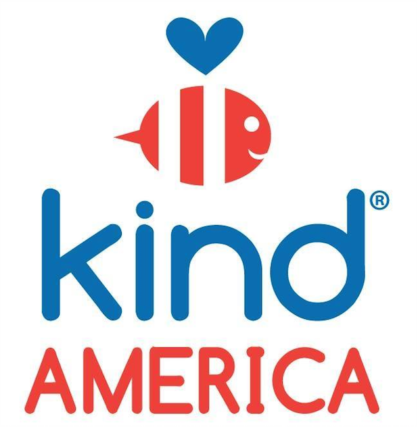
The Be Kind People Project, a Phoenix-based nonprofit organization, launched its national Be Kind America campaign in October 2016. JDD Specialties provided communication support and helped implement the initiative.

A source rubbed his hand on my butt. “God, you’ve got a nice ass,” he said. I was 40-something.
That’s my contribution to the astonishing #notokay phenomenon igniting a soocial media national conversation about sexual assault.
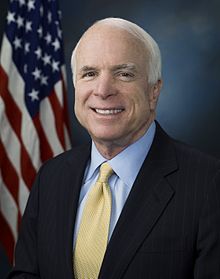
How John McCain can condemn Donald Trump for outrageous statements, such as those leveled at the Gold Star Khan family, but still endorse the Republican nominee for president is a fair question that’s easy to answer. It’s because he’s walked in Trump’s shoes and lived triumphantly as a politician to benefit from it.
Arizona’s senior senator and the 2008 Republican nominee for president knows a thing or two about saying stupid, incredibly cruel things, often about people who deserve better. McCain also knows it doesn’t take much for voters, especially political party faithful, to forgive, forget and elect. McCain has benefitted from Arizona voter magnanimity for 34 years as a U.S. representative and senator.
“Cynicism is a refuge for cowards.”
— Sen. Cory Booker, D-NJ, at the Democratic National Convention in Philadelphia
 Cynicism as a scourge of civic engagement is a familiar theme of Cory Booker’s speeches. The highly quoted riff in his speech Monday at the Democratic convention is particularly on point in this long, bitter, depressing political season.
Cynicism as a scourge of civic engagement is a familiar theme of Cory Booker’s speeches. The highly quoted riff in his speech Monday at the Democratic convention is particularly on point in this long, bitter, depressing political season.
“Cynicism is a refuge for cowards.” Booker is right. But Tom Wolfe’s words in The Bonfire of the Vanities also speak directly to 2016 American democracy when he described cynicism as “a cowardly form of superiority.”
My list of things I wish I had said grew a lot this week — a week that from start to finish was full of highlights of a world seemingly gone mad. Relief from despair comes from hearing and reading words that struck a chord.
George W. Bush, David Brooks, Charles Cooke and Bryan Stevenson were on point with these gems that make sense and give hope.
I think Mom’s cardiologist nearly had heart attack during her checkup.
Mom and Doc always chitchat during visits, usually about his growing up in Detroit in the ’60s and their shared appreciation of Sam Cooke.
But then Donald Trump’s name came up and I chimed in. I challenged his assertion that “there’s no way, NO WAY” Trump wins the election. When I mentioned “Brexit” and the populist similarities in U.S. politics, the usually laid-back jazz-lover got flushed and started scooting his little wheeled doctor’s stool in a back-and-forth motion.
“It’s not going to happen. Never. NEVER,” Doc said. “I’ll get you any bottle of wine you want if he wins.”